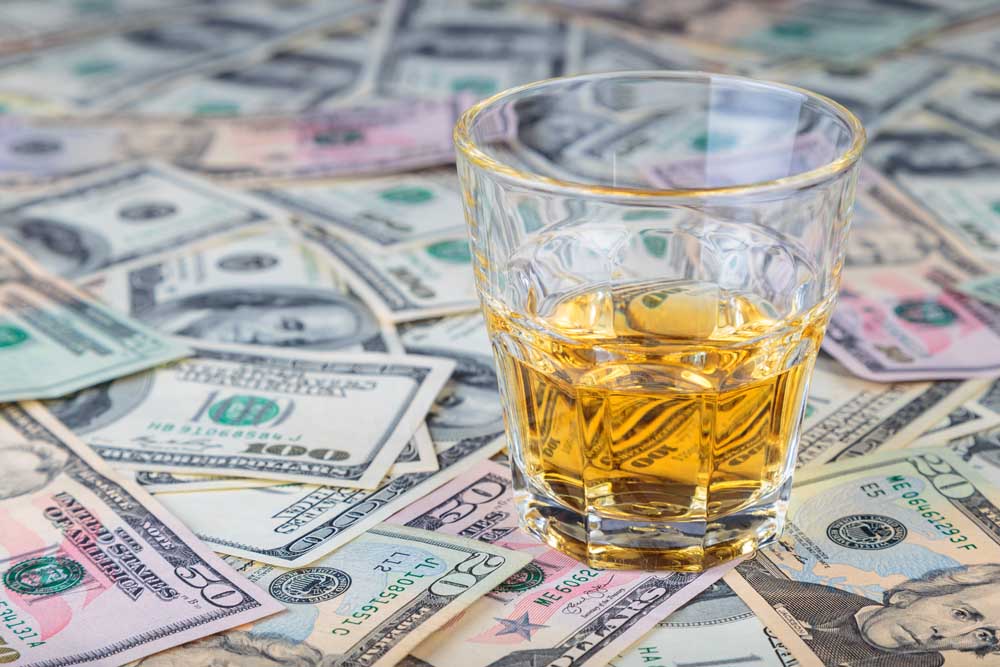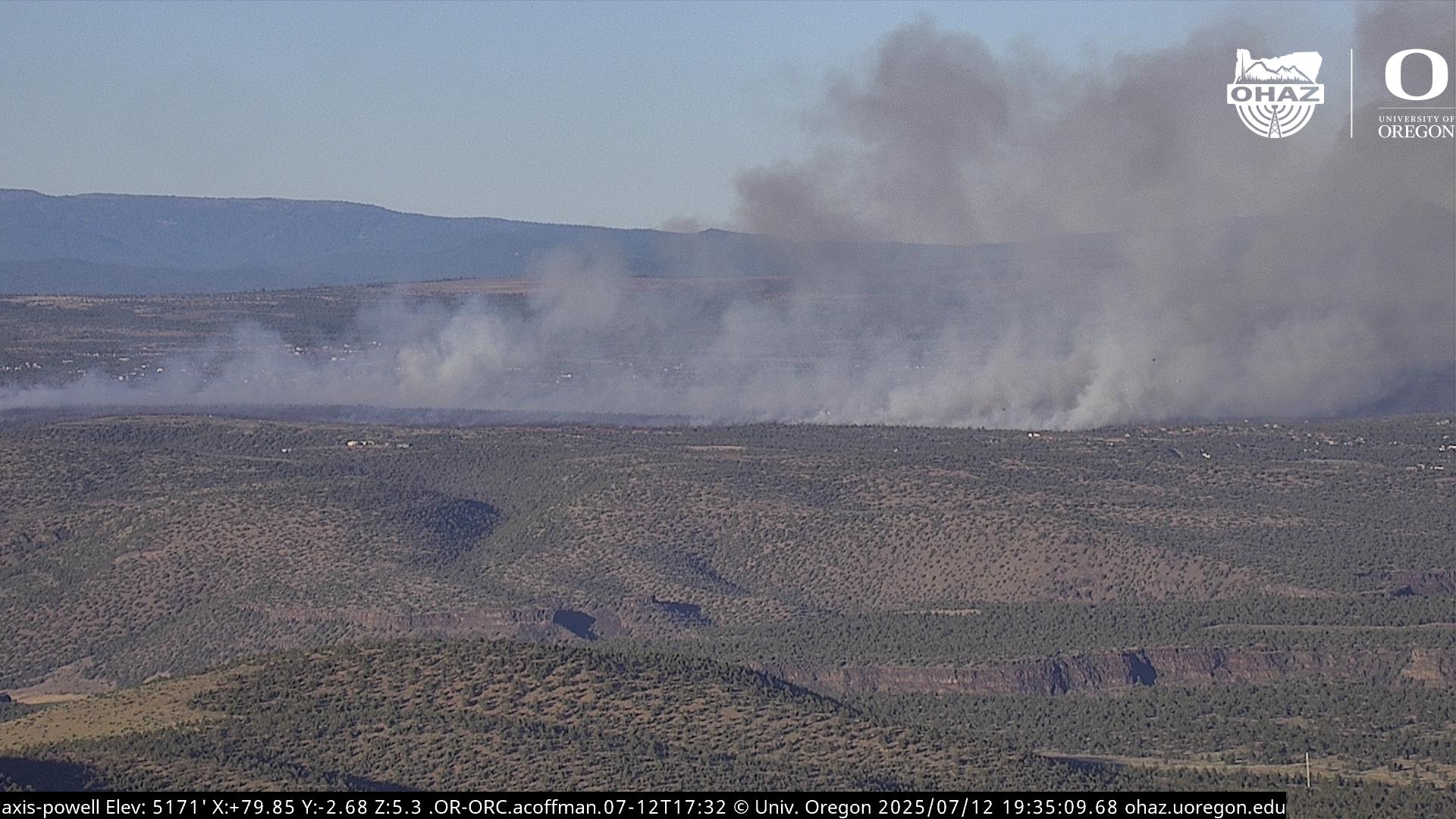Editorial: Liquor commission accidentally makes the case for tax-limiting ballot measure
Published 12:00 am Friday, August 3, 2018

- 123RF
On July 5, an initiative petition that would make it more difficult for lawmakers to hike fees and taxes qualified for the November ballot. Three weeks later, in a seemingly unrelated move, the Oregon Liquor Control Commission showed voters why IP 31 is such a great idea.
IP 31 amplifies a taxpayer-protection requirement under which the Legislature already operates. Bills that would raise revenue must be approved by a supermajority consisting of three-fifths of each legislative chamber. This provision of the state Constitution sounds simple, but it really isn’t. While there might be universal agreement among lawmakers that imposing a brand, new tax requires supermajority support, there’s still plenty of room for disagreement — and money manipulation.
Trending
For instance, should a bill that would eliminate a tax deduction or credit be considered a bill “for raising revenue?” It would have the effect of a tax hike, and it certainly would raise revenue (that’s the point), but there are those who insist that a simple majority should be enough to pass such legislation.
Meanwhile, there are plenty of other ways lawmakers extract money from taxpayers without running into a supermajority roadblock. Hiking fees is a good example.
IP 31 would, in brief, would require supermajority approval for any fee or tax increase, including changes to tax exemptions, credits, rates and so on. It would make the task of raising money more difficult for lawmakers, but that difficulty would favor bipartisan cooperation and the exercise of extreme care in deciding which taxes and fees to hike and which to leave alone. Surely that’s not a bad thing.
On the contrary, the OLCC continues to provide a useful example of what happens when squeezing money from the public is too easy: Lots of squeezing happens, and it never ends.
Roughly a decade ago, in the midst of the Great Recession, the liquor commission agreed to charge an extra 50 cents for each bottle of liquor (25 cents for mini-bottles) for the 2009-11 biennium. The recession is long gone, but the surcharge lives on. It has been extended every two years even as the state’s economy has boomed.
On July 26, the commission extended the surcharge for the 2019-21 biennium. The money the surcharge will raise during that period, about $38 million, will go to the state general fund and be spent however lawmakers decide. The July 26 decision followed almost no discussion and included a “yes” vote from every, single commissioner present.
Trending
You can bet that the surcharge, adopted for a temporary period during a budget crisis, will never go away.
There’s a reason the effective rate of taxation for Oregon’s booze is so much higher than the rates for beer and wine. The state of Oregon controls the sale of all liquor and decides how much to charge. Raising the effective tax requires nothing more than the agreement of a handful of appointed commissioners. In other words, it’s very, very easy.
Raising taxes on beer and wine, on the other hand, requires action by elected legislators, who are particularly sensitive to input from constituents and industry groups. Putting the squeeze on people is, thus, relatively hard.
Even so, there are still plenty of opportunities, including those involving fees and tax exemptions, for legislators to behave like liquor commissioners and take the easy way out. Voters in November should change that. Raising taxes and fees shouldn’t be impossibly difficult, of course. But given how hard money is for most of us to earn, it should be a little more difficult for legislators to take.








